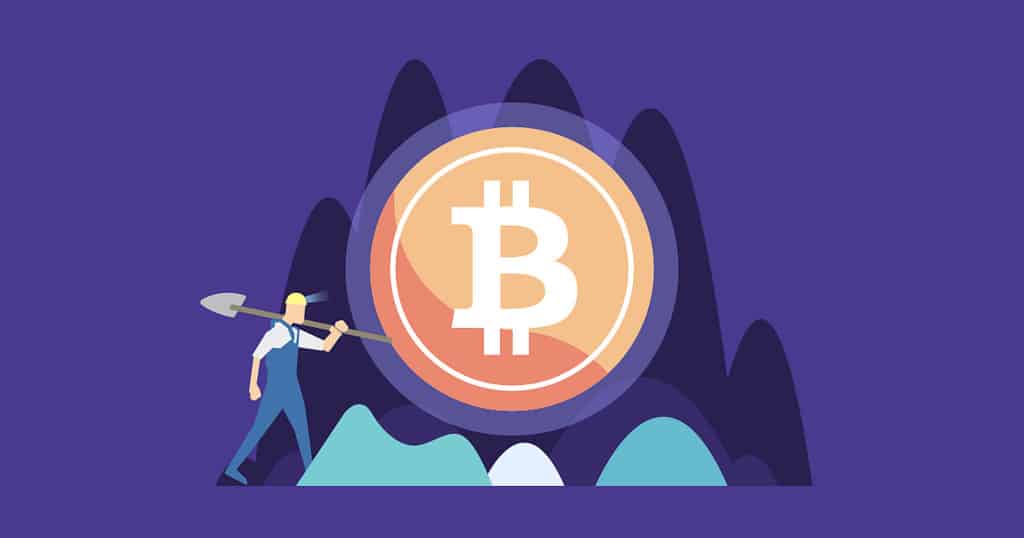A recent study has revealed that users may have to pay a significantly higher transaction fee on bitcoin blockchain. This is when either the miner reward has dropped to near zero or if it becomes economically unviable for miners to mine new blocks. Miners earn bitcoin for validating transaction blocks. The study suggests, users will have to pay a substantially higher transaction fee once this reward has fallen to zero.
The cost of running the bitcoin blockchain
Satoshi Nakamoto in the bitcoin whitepaper said that, “Coins earned by mining are an incentive for nodes to support the network, and provide a way to initially distribute coins into circulation, since there is no central authority to issue them.” The mining reward for the digital currency halves after every 210,00 blocks. The current coinbase reward for miners is 12.5 BTC. This will drop to 6.25 BTC after the next halving. The study ‘The Economic Limits of Bitcoin and Blockchain’ states, the original model of decentralized trust proposed by Satoshi Nakamoto is expensive. The findings suggest, bitcoin network will have to impose a higher transaction fee to incentivize miners for maintaining integrity of the network.
Findings of the study
The study states, “For the blockchain system to be robust against this double-spending attack it would require that the per transaction payment to miners for running the blockchain exceeds 30% of the highest-value transactions that are possible through the system.” This implicit tax would be even higher for sending smaller payments. It is required that the flow cost of running the blockchain is large relative to the one shot value of attacking it to ensure trust and integrity in the network.
Chris Burniske suggested that, “If concerns around POW’s viability at 0 percent rates of inflation continue to be ignored then people will diversify into SoV alternatives that contemplate different consensus mechanisms.”
Image provided by Flickr





